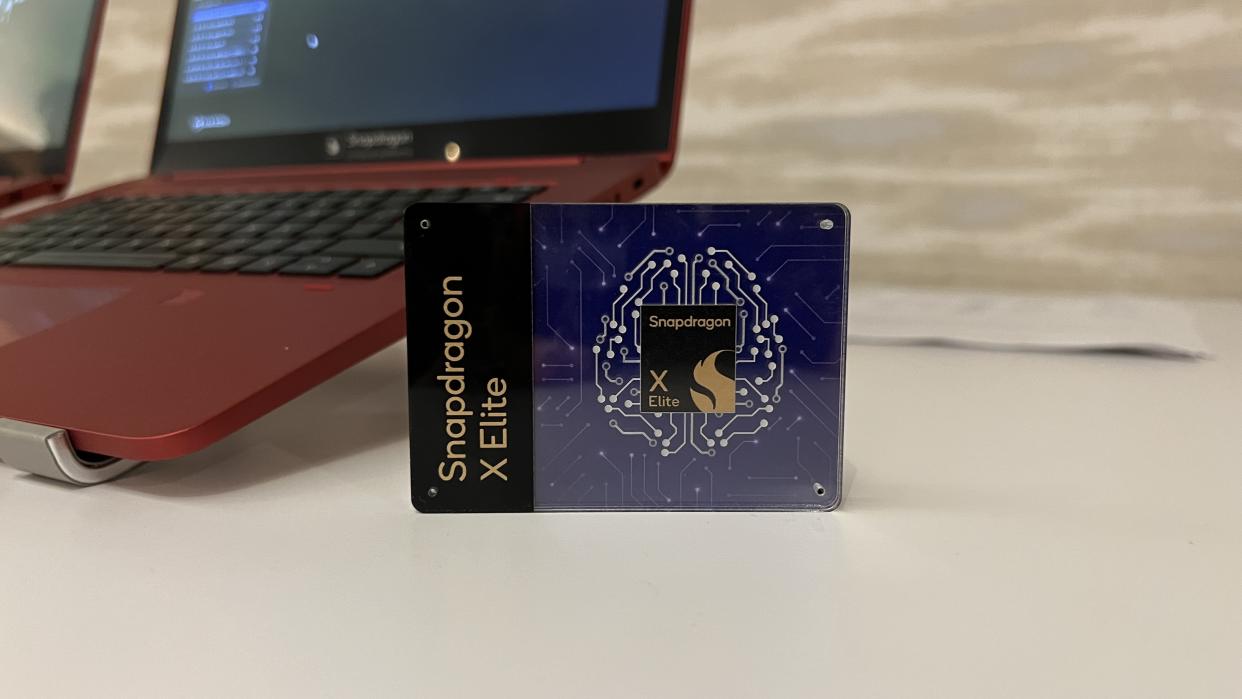Snapdragon X Elite laptops could have a big advantage over the latest MacBooks

At last year’s Snapdragon Summit, Qualcomm revealed that its Snapdragon X Elite family would emerge this year, promising the “most powerful, intelligent, and efficient processor in its class for Windows.”
It sounds extremely promising, with talk of on-device generative AI, huge battery life and performance to rival Apple’s M-series processors. And now it seems that laptops powered by Snapdragon X Elite will have something that Apple has traditionally struggled with.
At the 2024 Game Developers Conference, The Verge attended a session hosted by Qualcomm engineer Issam Khalil, where he assured the 30-odd people in attendance that their games should immediately work on the next wave of Snapdragon Windows laptops with no porting required thanks to x64 emulation improvements.
In a slide on x64 emulation outlining the advantages and disadvantages of the new platform, the phrase “your game should already work” appears prominently, with the added bonus that “GPU performance [is] unaffected by x64 emulation”.
That’s important, because GPU is usually the bottleneck. And although Qualcomm accepts there is a minor hit to CPU performance when translating from x64 and ARM64, this should only happen with new blocks of code thanks to an “extremely efficient” caching system. “Subsequent passes are direct cache access,” Khalil is quoted as saying.
There are a handful of caveats, with the most prominent being that it won’t work with kernel drivers (such as anti-cheat systems for multiplayer games), but overall this sounds like an extremely promising development for gamers.
While developers can eke out a bit more performance by porting their titles to native ARM64 (allowing Qualcomm to dynamically adjust CPU frequency for performance and power), the majority won’t have the resources for such an undertaking.
If Qualcomm’s walk matches its talk, it sounds like that won’t matter too much and Snapdragon X Elite machines will run games only marginally worse if unoptimized. The company has apparently been testing the top games on Steam, and the results make it confident enough to suggest widespread compatibility.
But it’s important to remember that we still don’t know how good gaming performance will be on the chipset even when fully optimized. All we know from this is that emulation will be close to native performance — whether that’s good, bad or middling.
Nonetheless, this is an exciting development for gamers. While you can play plenty of games on Apple Silicon either natively or via the Rosetta 2 translation layer, performance can be patchy.
We should find out in a few months whether Qualcomm can take the fight to Apple, with sources telling The Verge that unannounced versions of both the Surface Pro 10 and Surface Laptop 6 will debut the chipset in May.
